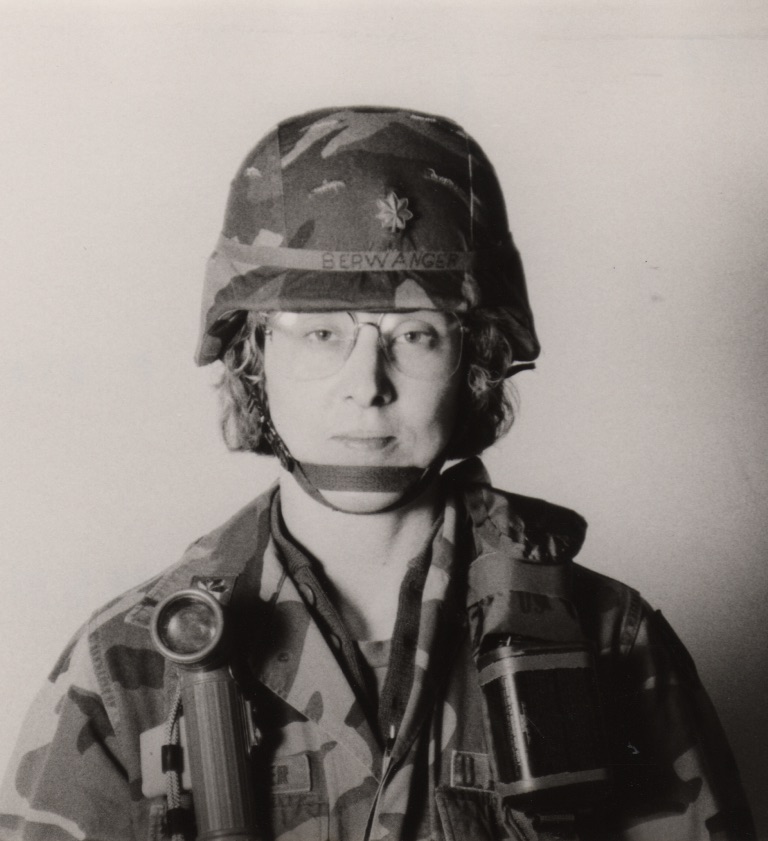I joined the Navy on an HPSP scholarship when I went to medical school. I was in the reserves from 1990-1994 and did short duties in Newport, RI, New Orleans, LA, Camp LeJune, NC and Portsmouth, VA. In 1994 I graduated from medical school and went to a pediatrics residency at Naval Medical Center Portsmouth, VA which is near to Norfolk Naval Base. In 1997, I graduated from residency and stayed at Naval Medical Center Portsmouth, VA as a general pediatrician. I also assisted with the education program while I was there. In that capacity I was in charge of the medical students that came to do rotations and helped with the residency program. In 1999 we were transferred to Branch Medical Clinic in Key West, FL where I was a general pediatrician taking care of the children of the military and Coast Guard personnel there. As a pediatrician, in addition to taking care of the children, we dealt with the child abuse and domestic violence issues that came up. In 2001, I left active duty and moved home were I have been a general pediatrician at Pediatrics of Florence ever since. I was in the inactive reserves till 2003 or 2004. 3 of my 4 children were born in the military.

Mary C. “Christine” Berwanger ’69
I did not come from a military family. I was imbued from earliest childhood with a calling to service. My father was not fluent in German, but he wrote on the old barn walls in carpenters chalk, “ich dien” . . . “I serve” . . . which he learned from his grandfather. Dad taught me by his example more than his motto on the barn walls. Servus is my motto, from the Latin “I serve.” (It is used as a greeting in Austria. My surname originated in the Austrian Tyrol.)
Coming of age as a pre-teen, I read military history and biographies. I gathered recruiting brochures at the county fair for the WAVES (Women Accepted for Volunteer Emergency Service in the Naval Reserves) and the WACS (Women’s Army Corps). I also read biographies of saints and nuns. I read the vocational fiction of the time about young women who became nurses and teachers and home economists. I remember quite well the story of the young woman who went to work for a flour company, who tested recipe after recipe until she perfected the biscuit recipe to be printed on the flour bags.
Despite those other noble callings, I knew I could not be a nun or a teacher or a nurse or a home economist. Military service is what called me to service beyond myself.
When I read those military histories and biographies I reflected: what would I have done, what should I have done in that situation? Military service requires a serious mind-set — to be a willing student of history, to learn and develop strength of character and conscience.
If your aim is personal aggrandizement, a “career” with maximum remuneration and accolades, don’t consider Military Service.
Military service requires toughness. You have to achieve your maximum physical fitness; even that is not enough, as the young men you would serve alongside or lead as an Officer have naturally more physical strength and stamina than most women. I worked out with weights in old grimy Army gyms (and did not see another female soldier there); I ran faster than any other woman I knew at that time. I grew up on a farm, so was trained in dealing with unpleasant realities such as manure. I am tall and of good bone structure. Still, I could not compete physically with the young men under my command. I did gain their respect by being All that I Could Be and for the respect and concern I offered to them.
It requires mental toughness. You have to pump yourself up every morning at Zero Dark Early to lead your troops in Physical Training when the fog is dense and cold and the sky is pitch dark and the stars let you know it is still far from dawn. You can’t indulge in your own personal weaknesses. You have to inspire, you have to lead. That requires intense mental discipline and focused mental energy.
You put your troops first and yourself at the end of the line for safety and creature comforts such as food and sleep. You are humble, because you accept that they know their jobs better than you do. It is your job to organize their skills and motivate their human performance to accomplish the Mission which has been charged to you while taking care of them as best as you possibly can.
The ground force is the Infantry, which term comes from the same source as the word infant. Your troops are adults, but in essence they are as your children whom you are entrusted to protect at all reasonable cost. As with a child, you are charged to form and educate them, to ready them to achieve their full potential, and to allow them the scope to do so.
I entered the Army at a time of firsts for women. My classmates and I were the last who had to go through the Women’s Army Corps cadet and Officer training at Ft. McClellan, Alabama (1973) who were also the first women to be thankfully integrated into the Regular Army. I and two others in my WAC class requested and were accepted into the Ordnance Corps. The responsibilities of the Ordnance Corps were ordnance (ammunition, explosive ordnance disposal, testing of artillery, etc.), maintenance of Army equipment, and research and development. It was a good match.
“Firsts” for women don’t matter; they are a result of timing more than the unique qualities of the woman who became the first. I was the first woman commander of a Maintenance Company in the 8th Infantry Division, stationed during the Cold War in Germany. My Heavy Maintenance Company was the largest company in the 8th ID and was spread over four locations.
I served two memorable tours in the Pentagon. My final two tours of duty were in research and development at the Army Research Office in North Carolina and at Ft. Leavenworth, Kansas.
I earned some awards during my service and was rightfully proud of them. The certificates and medals are someplace in the house, and the ribbons will be on my chest in my coffin. Otherwise, they don’t matter so much in retrospect.
I received the most memorable acknowledgement of my service when I relinquished command of my beloved Heavy Maintenance Company. The NCOs (Non Commissioned Officers) chose as the one to present me with an unexpected parting gift a former Infantry Sergeant First Class who had been severely wounded in Viet Nam. He was hospitalized for more than a year. Rather than give up his Army service, he transferred to a technical maintenance specialty. He handed me an engraved cigarette lighter from the NCOs of my company. “You’ve been a good commander, Ma’am,” he said.
Christine Crowe Sevindick ’93
I served in Sri Lanka for 4 months from October 1997 to February 1998. We were evacuated due to the ethnic conflict and increase in bombings near volunteers’ sites. I was working in a village of 400 in the central mountain region of the country. My primary job was planning youth development projects with the country’s welfare department. I was amazed by the natives’ openness and hospitality. So many adventures happened in the short time that I was there and include climbing Sri Pada (Buddhists believe Buddha first set foot and Christians believe Adam first set foot), waking up to a large, black and fuzzy spider above my mosquito net, hitch hiking with a Sri Lankan couple (later they invited me to stay at their home), walking barefoot with the village, taking well baths with the women, and encountering a black panther alone!
I reassigned to Romania and lived in the northeastern part of the country, Moldavia-which was about five hours from the Ukraine border. As an NGO consultant, I worked with a local organization that implemented several outreach programs to the community. I wrote grants, researched on community needs, and developed new projects ranging from foreign language training to educating the community about domestic violence. I became fluent in Romanian and enjoyed cooking the local foods. I also worked with the local hospital and orphanage. At the hospital, we traveled to rural villages and educated women about healthy living and reproductive health. At the orphanage, I launched the International Big Brother Big Sister Program with the high school and implemented a tutoring program. The children at the orphanage were the ones who really helped me become fluent and became my little friends.
After Peace Corps, I was a Peace Corps Fellow at Illinois State University and received a master’s in community and economic development. I have been working mostly in the nonprofit world and have done a little bit of everything. My Peace Corps experienced defined who I am now. It was truly the best time of my life. I learned so many valuable lessons: life can be tough but a solution can be found and you are stronger in the end, you’ll reap with benefits when you follow your heart, gratitude is everywhere, we are more alike than we may think we are, and love keeps everything else going. I don’t think you have to learn these life lessons by traveling thousands of miles. You can gain the same benefits by acting locally. I tell others what I miss the most about both countries are the people, listening to the monks chant at night (in Sri Lanka) and having the option to jump on a train and explore a new city (in Romania).




